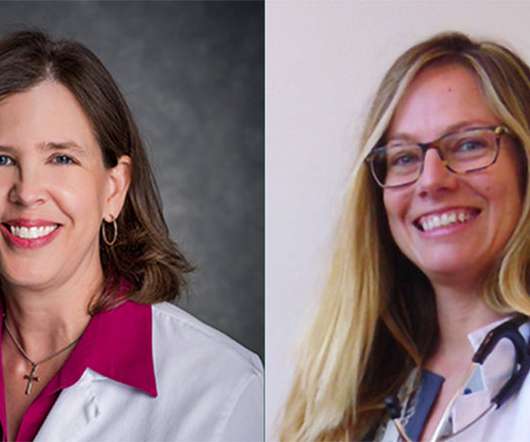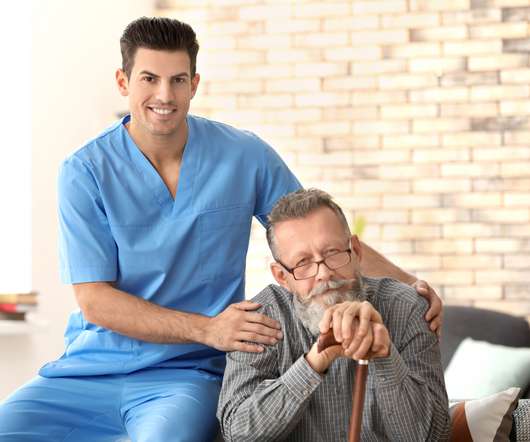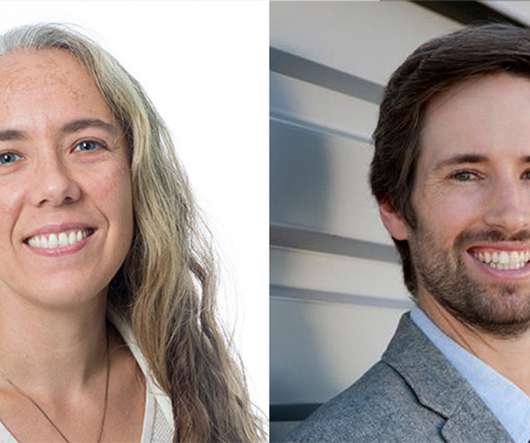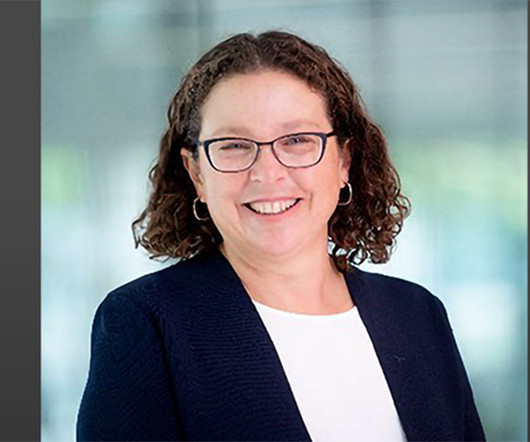Improving Hospital Care for Older Adults through Acute Care for Elders (ACE Units): Kellie Flood and Stephanie Rogers
GeriPal
JANUARY 12, 2023
Alex: We are delighted to welcome to the GeriPal Podcast, Kellie Flood, who is a geriatrician at the University of Alabama Birmingham and associate Chief Quality Officer for Geriatrics and Care Transitions. And also to have those folks proactively assessing and addressing geriatric syndromes. Kellie, welcome to the GeriPal Podcast.





















Let's personalize your content